Prepping is something that many more people find themselves gravitating towards, especially in the wake of recent events that have left many wishing they had stocked up on certain things or prepared prior to people panic buying themselves. However, many focus solely on accumulating physical things rather than focusing on the financial aspects of prepping.
The reality is that finances will pretty much always be important regardless of the situation. Unless an unlikely event takes place in which money is no longer valuable or usable, you’re going to need funds to navigate an emergency development, which is why financial prepping is so important. Still, you shouldn’t be pouring all of your resources into prepping strategies, leaving you with nothing for your daily living expenses.
As such, we’ve taken a look around to see which pragmatic tips have helped others begin prepping and working on their financial situation without putting themselves at risk of not being able to manage other areas of their life. Here are 18 ways to prepare financially without breaking the bank.
1. Always Start With Budgeting

Your budget is the main thing that is going to ensure you’re on track financially, preventing you from overspending and providing you with the outline you need to guarantee that your money is being allocated properly to the right budgeting categories. If you’re looking to be a successful prepper, always start with your budget.
Understand your current income streams, know what you’re spending money on, and cut out any areas that are causing you to overextend yourself and put yourself in a dangerous position should you need emergency access to funds.
2. Keep a Small Amount of Cash on Hand in Your Bug-Out Bag
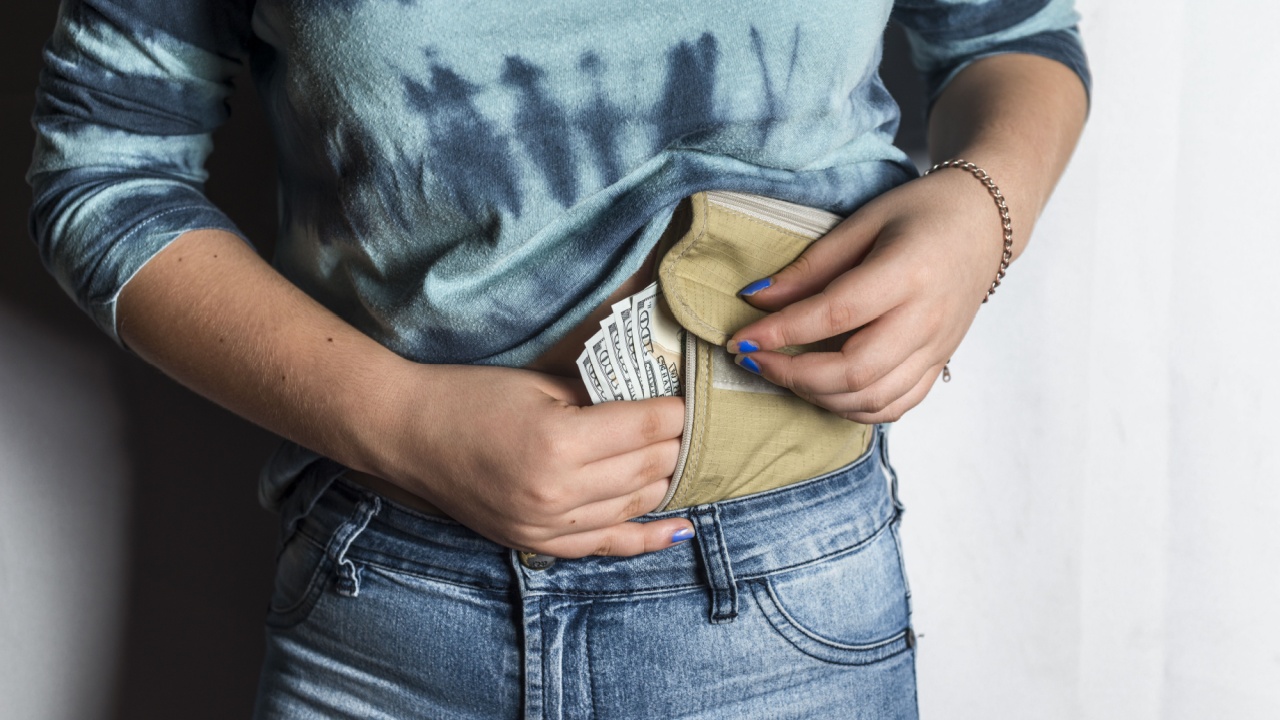
Emergency finances look different to different people. If you’re just getting started on your prepper journey and you’re looking for a small way you can prep financially, consider stashing away some money in your bug-out bag.
You can do this over time or all at once, and it’s an essential activity that will prevent you from being without cash if normal payment systems aren’t working. It’s also less financially intensive than some of the other financial prepping activities you’re likely to engage in moving forward.
3. Establish a Limit for Prepping Activities

This suggestion isn’t in regards to how you can prep financially, but how you can make sure that your prepping doesn’t impact you in a negative way financially. No matter how much you’re interested in prepping, establish a limit for your prepping activities so that you’re not spending more than you can afford to.
Going into debt to prep solves one issue but opens you up to a host of other ones should an emergency drain you financially.
4. Focus First and Foremost on an Emergency Fund
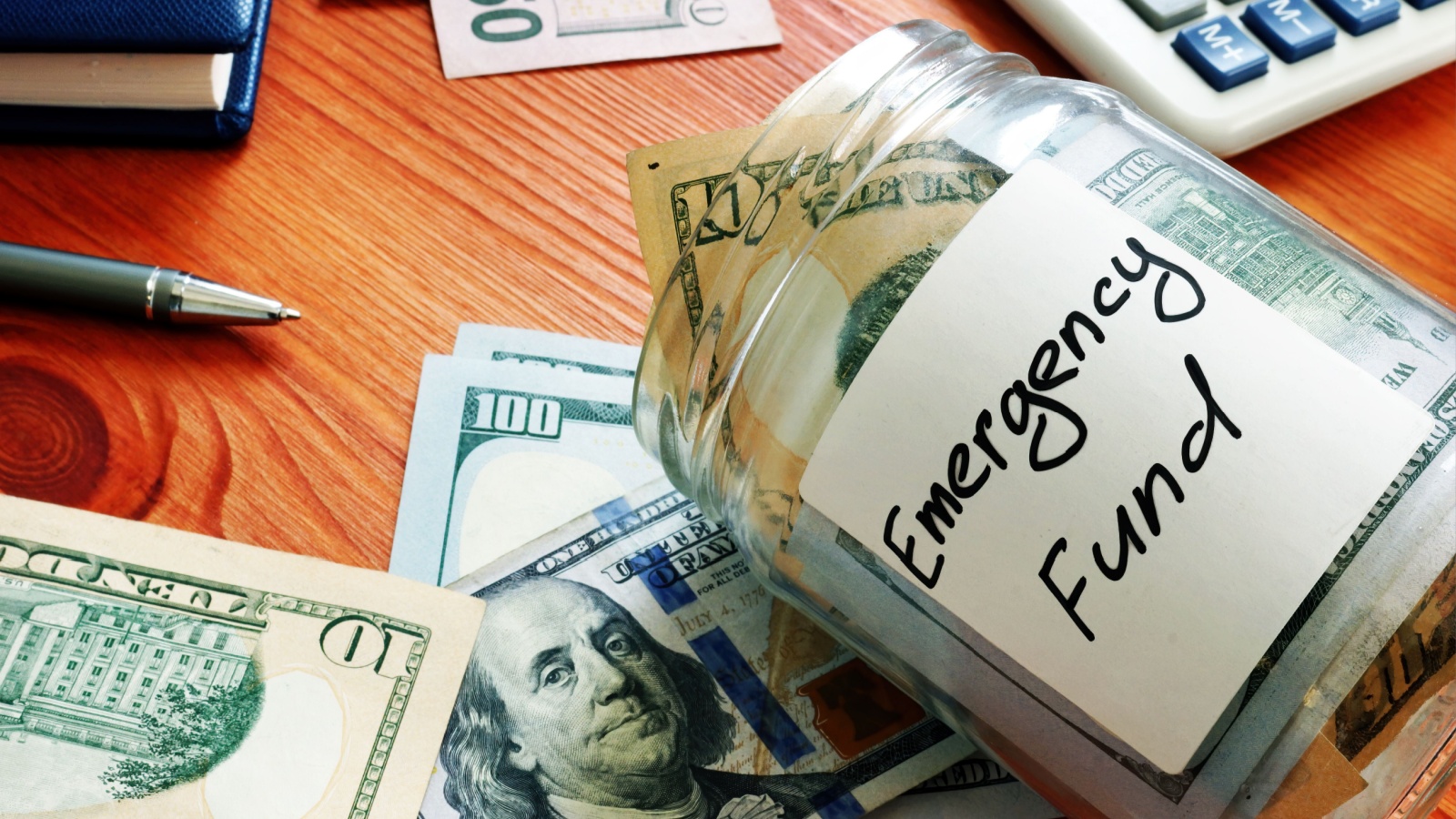
The best tool a prepper has at their disposal when they’re focused on financial prepping is an emergency fund. An emergency fund is a savings account with enough money to help you survive for months, regardless of whether you experience a personal emergency or a crisis that affects a host of people.
You contribute to it until you feel you have a comfortable amount, and then you don’t touch it until you absolutely need to. Start building it with what you have as you never know when you might need it!
5. To Bullion or Not to Bullion?

So many prepping sites recommend that you invest in gold, silver, and other precious metals. But is this pragmatic? Chances are high that you won’t be trading bullion unless an apocalyptic event occurs.
It’s not necessarily unwise to hedge against risk by investing in precious metals, but many preppers will pour a ton of their resources into these metals and spend more than they should be on them. Carefully weigh the advantages and disadvantages prior to spending money on bullion.
6. Growing Your Wealth Is Key to Greater Financial Safety
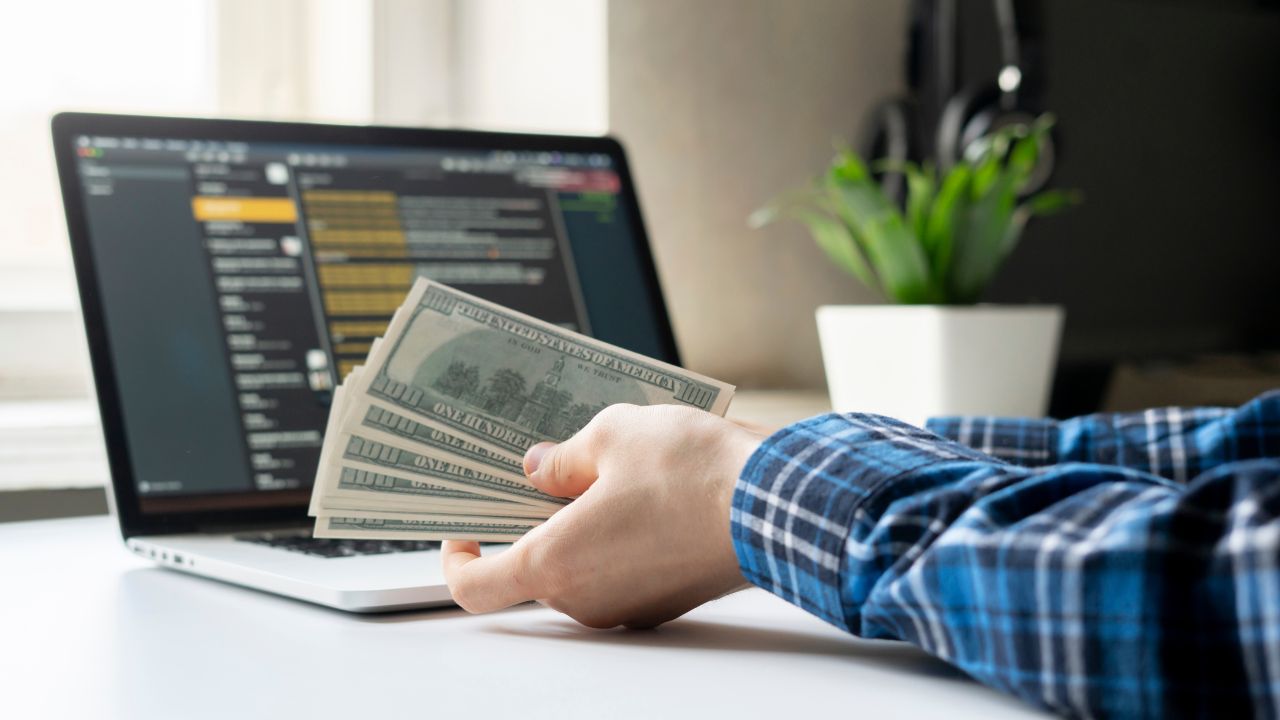
Investing seems silly to doomsday preppers, but most are not doomsday preppers. You risk as much by assuming that something terrible will happen in the future and nothing does, leaving you without funds you can rely on in retirement or in a recession or other crisis. It’s absolutely crucial that you build your wealth as you go.
No matter how much you have to dedicate to investing, use various investment apps or open individual accounts and contribute to them when you’re able to. If you have an employer who will match your contributions, leverage this!
7. Start With Whatever You Have
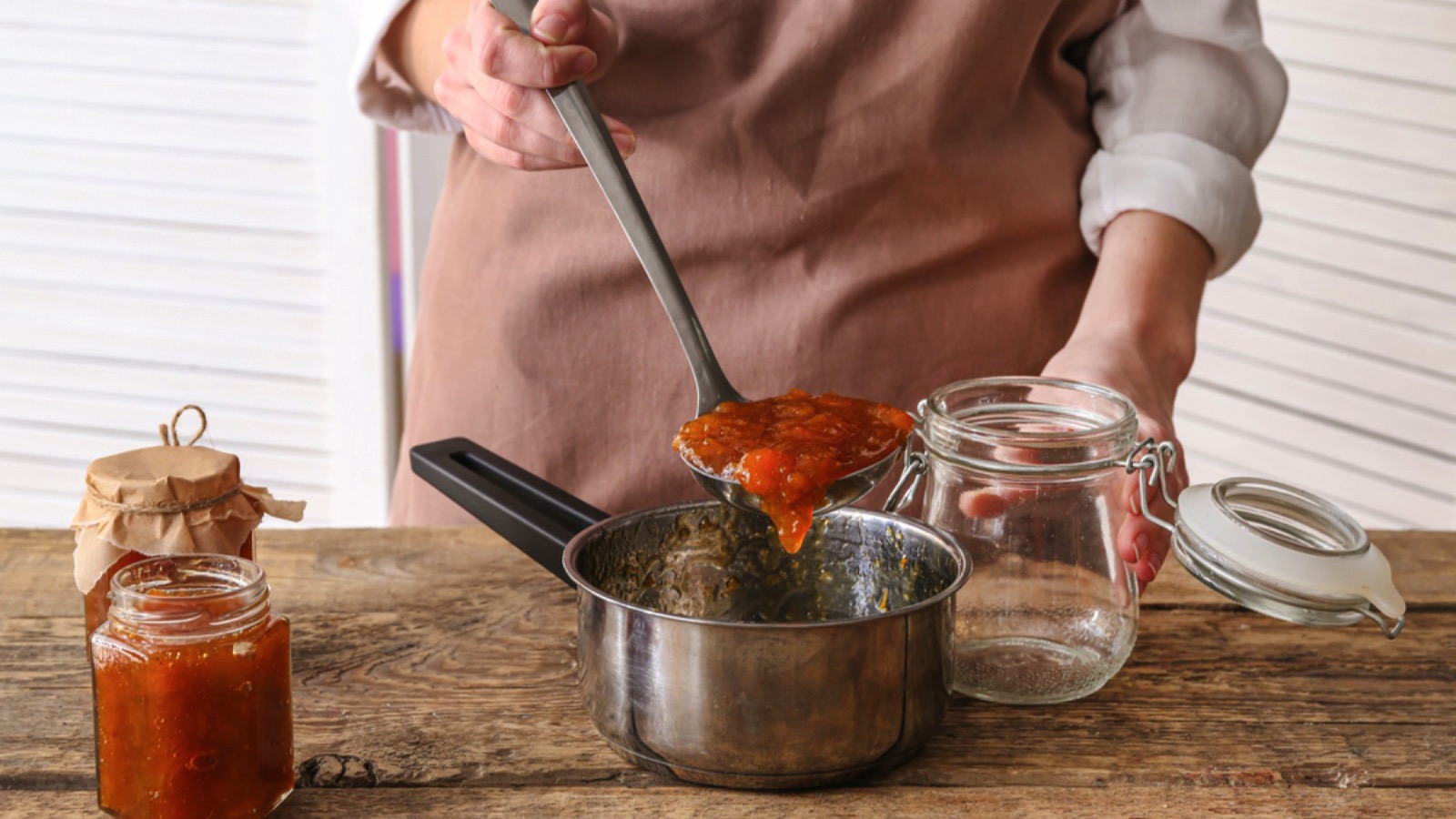
There’s a pervasive sense of guilt that prospective preppers feel when they don’t have enough to make their prep vision a reality right now. However, everyone has their own unique circumstances.
Don’t feel as though you need to make money appear that you don’t have in order to prep financially. Use what you have now (but seek to grow that over time so that you can contribute more and bolster your financial prepping activities).
8. Work on Your Financial and Survival Knowledge

Not everyone is born into circumstances where they get a strong financial education. The good news? Learning more about money is an excellent way to prepare financially, and it’s one that’s completely free.
Learning more about money and learning more about survival skills will help you improve your financial outlook later should you encounter a situation where your prepping will come in handy.
9. Reduce Your Debt As Soon As Possible

Your financial prepping won’t help you much if you have a large cloud of debt looming over you at all times. While you may have to carry some debt, other debts that have spiraled out of control can threaten your security and safety, making it even harder to prep for emergencies.
Reduce your debt as soon as possible so that you can focus more of your resources on financial prepping and physical prepping rather than worrying about having to deal with a growing pile of debt.
10. Insurance Is Your Friend

Imagine this: you’re faced with a natural disaster that you’ve prepared long and hard for. However, during this disaster, you’ve sustained a major injury. You need hospital care, but you don’t have insurance.
Now, you’re tens (if not hundreds) of thousands of dollars in debt. Prepping financially means acquiring the means to protect yourself financially, and this includes insurance. Make sure that you have the proper insurance as this can be the only thing standing between you and financial ruin when it matters most.
11. Think About Who You Can Rely on in Times of Need

If you’re community-minded and you’re as willing to help others as they’re willing to help you, your financial resources extend beyond yourself. Much like you network to ensure you have people who can help you with various goods or services during an emergency, you should also consider who may help you when you fall on hard times financially. It’s never a bad thing to ask for help, especially when you really need it.
12. Make Sure Your Finances Are Largely Fluid
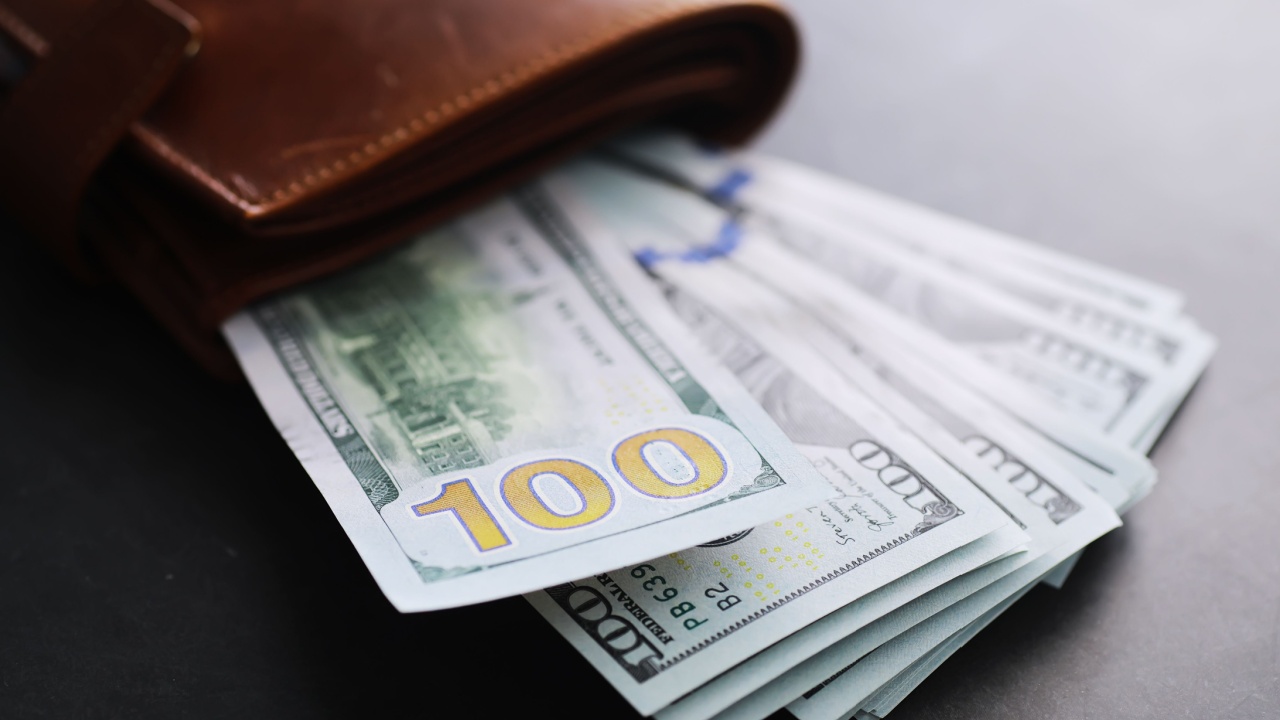
There are a lot of investments out there that look like a good idea on paper but are little more than theoretical assets. If it can’t be sold relatively quickly, it’s not money that you can touch. While there will be certain retirement accounts you won’t dip into until you reach old age, you should focus on putting your money into investments that can be sold off when you need the money immediately.
Otherwise, all the money you’re trying to save and grow for later won’t be of much use to you during times when you require it.
13. Develop Side Hustles Now

The more money you have coming in, the easier it is to be financially prepared. Moreover, the more income streams you have, the better you’ll be able to adjust to loss of income in one area of your life. Now is the time to focus on how you can bring in more money, whether it’s via another job or a small business. You’ll thank yourself later!
14. Keep a Separate Bank Account Just in Case

One situation you may not think to prepare yourself for is a financial hack or identity theft. These types of personal emergencies are just as serious as wide scale ones, which is why many preppers recommend having a separate bank account with additional funds.
Should one get hacked or become inaccessible to you, you have one to fall back on while you try to figure out a solution to the situation.
15. Make Your Money Work for You With a HYSA or Similar Resources

After an emergency savings, you should develop a secondary savings so that you’re not putting all of the rest of your money into just investments. However, you don’t want your money to sit stagnant like it would in an emergency savings account.
Instead, keep your money liquid but make sure that it’s still working for you by putting it in a high-yield savings account. This will help you grow your funds and still guarantee that you can tap into them in the event of an emergency.
16. Work With Your Partner for Greater Results

Most of these tips assume that you’re doing all of the financial prepping work on your own. If you have a partner, the two of you have each other to rely on and more income streams coming in.
Work with your partner to figure out how to use your resources more effectively so that you can prepare for anything. If the two of you apply the tips above, there’s almost no crisis that will be able to negate all of your hard work.
17. Find a Better Paying Job or Switch Careers

This is a tip that won’t be applicable to everyone, but it’s something worth considering if you’re currently not feeling secure with the finances that you do have. Financial prepping does take money, especially if you’re looking to navigate serious natural disasters, financial downturns, or other scenarios that preppers are looking to plan ahead for.
If you can, consider trying to hop to a job that pays you more for what you already do or even switch over to a more recession-proof career path.
18. Know What to Look for When It Comes to Impending Financial Emergencies

There are certain emergencies that you aren’t going to be able to predict, like natural disasters. However, there can be indications that certain situations may develop that threaten your financial stability, like recessions.
Learn how to interpret market signs that could be pointing to trouble so that you can brace yourself if something does happen. This, like learning more about money as a whole, is free.
20 Crucial Supplies for Surviving a Societal Collapse

In the face of uncertainty, being well-prepared gives you at least some degree of control and security. The thought of a societal collapse, while extreme, prompts us to consider how we might endure without the conveniences of our current lifestyle. Here’s a list of 20 essential items that could prove indispensable in such a scenario. This guide isn’t about succumbing to fear but embracing preparedness and resilience.
14 Essential Canned Goods for Your Emergency Pantry
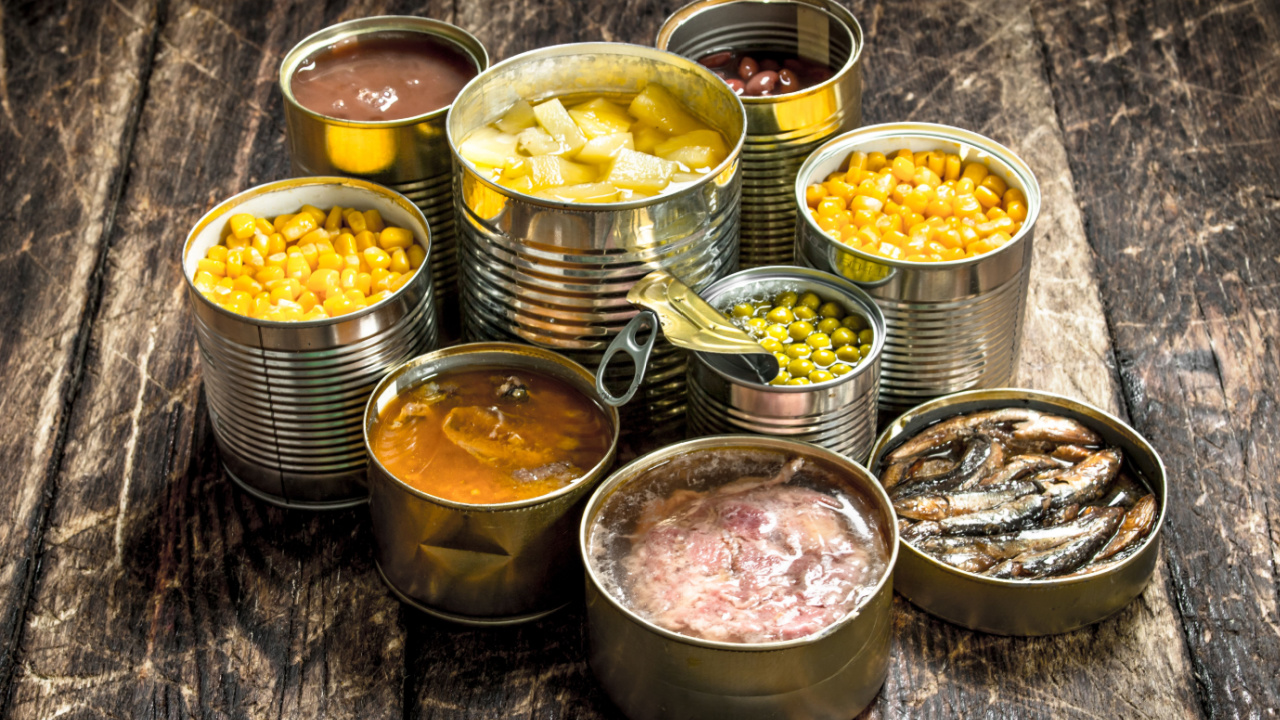
I firmly believe in keeping a well-stocked emergency pantry. While fresh food is ideal, in a survival situation, we may not be that lucky. So, for my family, even though we grow a lot of our own food, canned goods play a crucial role in emergency preparedness. They offer a reliable source of nutrition when access to fresh produce may be limited. The goods you stockpile should be affordable, easy to store, and full of nutrition.
Best Regions in the U.S. to Escape to When Society Collapses

Choosing a refuge in the event of societal collapse involves weighing the pros and cons of each location against your personal preparedness goals and abilities. Whether you’re drawn to the solitude of the desert or the protective heights of the mountains, the key is finding a place that offers safety and the opportunity for growth and renewal.
